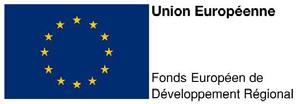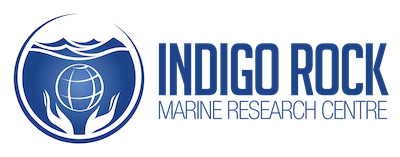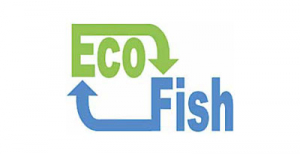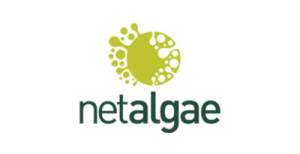Super User
EcoFish
ECOFISH
Environmentally Friendly Fish Farming and use of Cleaner Fish
The objective of the project was to minimise the environmental impact of salmonid and gadoid aquaculture using hatchery produced cleaner fish to remove parasitic sea lice thereby reducing the use of therapeutic treatments.
As well as having an environmental benefit, the use of wrasse should allay concerns from increasingly knowledgeable consumers and retailers who demand that the food they eat should be produced sustainably and without unnecessary treatments. Indeed, these concerns have led to a rapid increase in demand for organically produced food. By removing the need to use chemicals to remove lice, the project brought benefits to the farmers, via reduced losses due to sea lice related problems, but also allowed them to exploit the lucrative organic market and give their products a marketing advantage. The project delivered the methods and technology to produce cleaner fish for use by the cod and salmon farming industry in all the partner countries. The physical outcome of the project was a substantial number of wrasse for field application for proving the technique on fish farms in partner countries. Dedicated wrasse production hatcheries were established in Ireland, Norway and in Scotland where they developed successful rearing techniques and production methods through close collaboration and exchange of information amongst the partners, their associates, the aquaculture industry, governments and regulators.
| Duration | 2008 - 2011 |
|---|---|
| Funding Body | INTERREG Northern Periphery Programme |
| Project Costs | €1,594,966 |
| Project Co-ordinator | Bodø University College, Norway |
| Number of Partners | 5 |
| Website | http://www.eco-fish.org/ |
Netalgae Project & Network
NETALGAE PROJECT & NETWORK
Introduction
The European macroalgae industry is based on the harvesting of natural resources of macroalgae. Worldwide macroalgae production (includes brown, red and green seaweeds) increases 5.7 % every year, in 2008 nearly 14 mill tons of macroalgae was produced from capture and aquaculture. In Europe the production has been stable since 1960, but has decreased in the last 10 years. The further expansion of the industry depends on a stable access to raw material, development of valuable products and the transfer of expertise between developed and less developed regions.
Aims
Therefore, the project NETALGAE aims to create a European network of relevant stakeholders within the marine macroalgae sector. Compilation of information from different regions will result in a wide ranging policy study of existing practice within the macroalgae industry. Analysis of the results will establish a best practice model and suggest policies for the successful, sustainable commercial utilization of marine macroalgae resources.
Objectives
The study of national and regional development policies and regulatory environments will identify and promote an existing development and regulatory model, or lead to development of a best practice model. The network is expected to make progress towards developing industrial, commercial and scientific links and foster a culture of trade and cooperation between the memberships, and will include primary producers, processors, technology suppliers, process consultants, research institutes, development agencies, local governments and relevant community groups and other stakeholders. A European macroalgae congress will bring together industry, policy makers, environmentalists, and regulators with a view to developing a sustainable industrial macroalgae sector across the Atlantic seaboard.
Actions
- General baseline study of all national algae industries across the project area.
- Assessment of algae regulation, administration and management systems.
- Development of best practice guidelines for management and sustainability of algae resources.
- Development of a European algal industry database.
- Creation of a European-wide algae industry portal and business tools.
Website: http://www.netalgae.eu
Partners
- Indigo Rock Marine Research
- Bord Iascaigh Mhara
- Syndicat Mixte Pour l'Equipement du Littoral
- Fisheries and aquatic sciences center - AGROCAMPUS OUEST
- Universite de Bretagne Occidentale
- BIOFORSK - Norwegian Institute for Agriculture and Environment Research
- Universidadé do Algarve
- Viking Fish Farms, Ardtoe Marine Laboratory
- Mutrikuko Institutua
- Ikaslan Gipuzkoa
Co-financed with the support of the:

European Union ERDF Atlantic Area Programme

INVESTING IN OUR COMMON FUTURE


